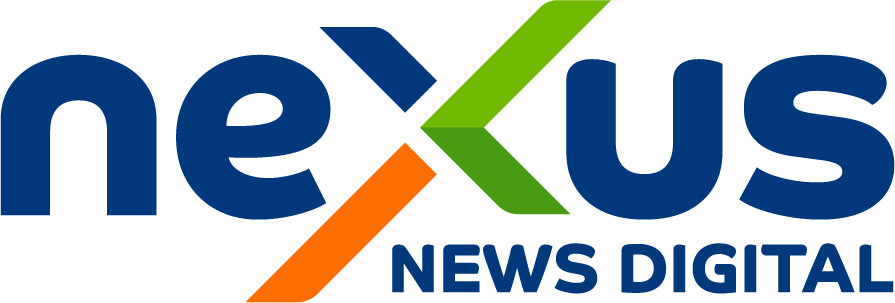It’s no secret that debt is a major problem for many people. In fact, a recent survey found that 80 percent of Americans are currently in debt. With student loan debt, credit card debt, and other types of debt on the rise, it’s no wonder that so many people feel like they’re stuck in a vicious cycle of debt.
But it doesn’t have to be this way. With the right mindset and a little bit of effort, you can take control of your finances and break free from the cycle of debt. In this article, we’ll share some tips and advice to help you escape debt and achieve financial freedom.
Understand Your Debt
The first step to taking control of your finances is understanding your debt. You need to know exactly how much debt you have and what type of debt it is. Make a list of all your debts, including credit card debt, student loan debt, car loans, and any other loans you may have. Write down the amount of each debt, the interest rate, and the minimum monthly payment.
Create a Budget
Once you understand your debt, it’s time to create a budget. A budget is simply a plan for how you’re going to spend your money. It’s important to create a budget that’s realistic and that you can stick to.
Start by listing all your monthly expenses, including rent/mortgage, utilities, food, transportation, and any other bills you have. Then, subtract your total monthly expenses from your income. If you have leftover money, this is the amount you can put towards paying off your debt.
Reduce Your Expenses
If you’re struggling to make ends meet or if you don’t have enough money to put towards your debt, you may need to reduce your expenses. This can be a difficult step, but it’s essential if you want to achieve financial freedom.
Start by looking at your non-essential expenses, such as dining out, entertainment, and subscription services. Cut back on these expenses as much as possible. You can also look for ways to save money on your essential expenses, such as buying store-brand products, cooking at home, and using public transportation instead of driving.
Build an Emergency Fund
One of the biggest reasons that people end up in debt is because they don’t have an emergency fund. An emergency fund is simply a savings account that you can use in case of an emergency, such as a medical bill or a car repair.
Start by setting a goal for your emergency fund. Aim to save at least three to six months’ worth of living expenses. You can start small and gradually build up your emergency fund over time.
Pay off Your Debt Strategically
Now that you’ve created a budget, reduced your expenses, and built an emergency fund, it’s time to start paying off your debt strategically. This means focusing on the debts with the highest interest rate first.
Start by making the minimum monthly payment on all your debts except for the one with the highest interest rate. Put all your extra money towards paying off that debt. Once that debt is paid off, move on to the next debt with the highest interest rate and so on.
Consider Consolidating Your Debt
If you have multiple debts with high interest rates, consolidating your debt can be a good option. Debt consolidation involves taking out a loan to pay off all your other debts. This can simplify your payments and reduce your interest rate.
However, be careful when considering debt consolidation. Make sure you understand the terms of the loan and that you’re not simply adding more debt. You also need to make sure that you don’t continue to use credit cards or other debt while you’re paying off your consolidated loan.
Get Help if You Need it
If you’re struggling with debt and you’re not sure how to get out of it, don’t be afraid to ask for help. There are many resources available to help you, including credit counseling agencies and debt management programs.
These programs can help you create a budget, negotiate with creditors, and develop a plan to pay off your debt. They can also provide emotional support, which can be especially helpful if you’re feeling overwhelmed by your debt.
Summary
Debt can be overwhelming and it can feel like you’re stuck in a never-ending cycle. But with the right mindset and a little bit of effort, you can take control of your finances and break free from debt. Start by understanding your debt and creating a budget. Reduce your expenses as much as possible and build an emergency fund. Pay off your debt strategically and consider debt consolidation if it makes sense for your situation. And if you need help, don’t be afraid to ask for it. Remember, financial freedom is possible and it’s never too late to start working towards it.
- Unlock the Power of Empathy: The Key to Understanding the Other Person - 28 de abril de 2023
- Exploring the world: Why traveling is the best investment you can make - 28 de abril de 2023
- Xenophobia: A poison that destroys harmony and progress in our society – Why we must take action now! - 28 de abril de 2023



